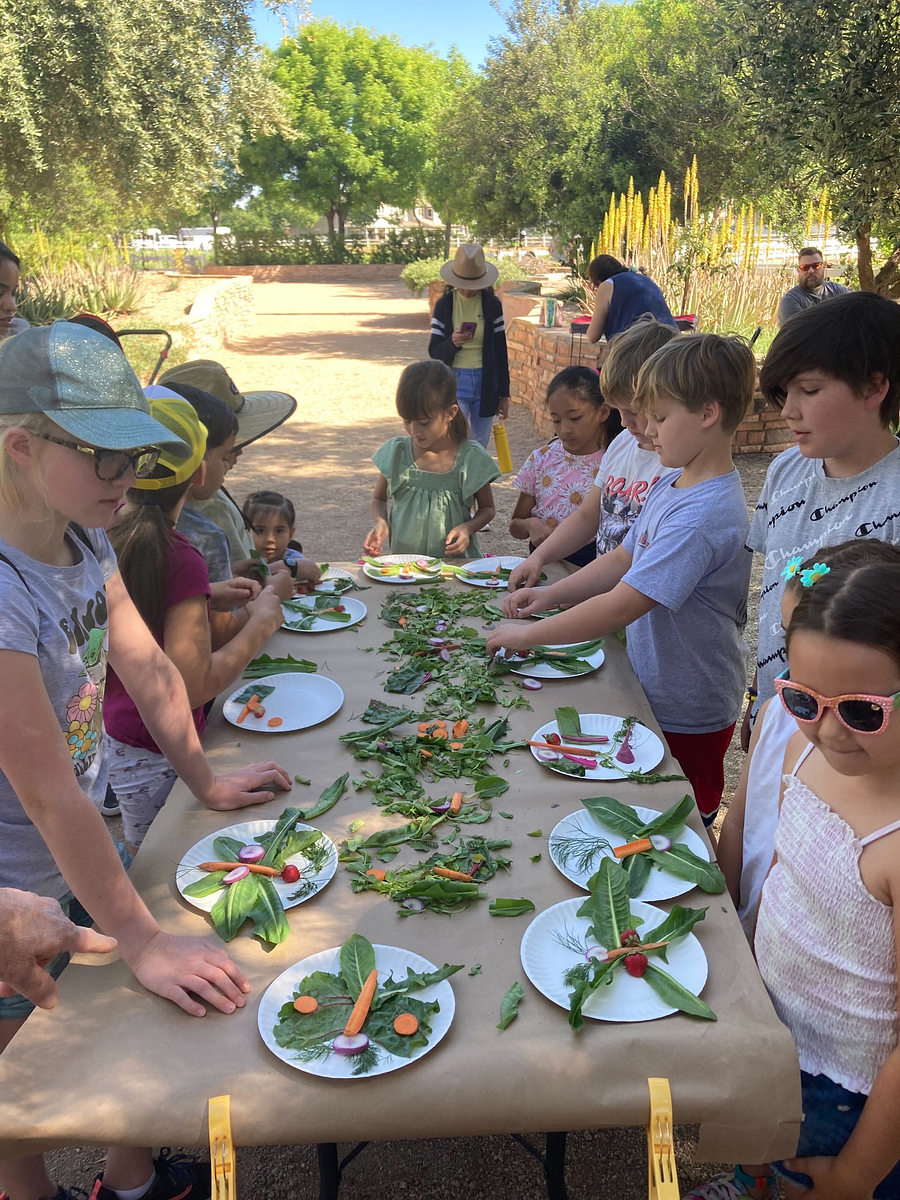Whether your child is just starting out on her reading journey or has hit a bit of a struggle along the way, there are so many resources to help students engage in practice and achieve success. To help find the right fit for your child, we've made suggestions based on a few simple categories.
First, the most comprehensive research shows six key elements for any successful reading program. The Report of the National Reading Panel identifies that to learn to read students explicitly should be taught skills in:
-
Phonemic Awareness – an understanding of the sounds in their language and how they form words,
-
Decoding – the ability to figure out unfamiliar words, and to learn to read them automatically,
-
Vocabulary – knowledge of an adequate number of words to understand text passages,
-
Fluency – the ability to read quickly and without conscious attention,
-
Comprehension – the ability to understand the direct meaning of text, and also its implications and intention, and finally the ability to perform analysis on text and
-
Writing – the ability to express their feelings, thoughts and understanding in various forms of written expression.
As a parent, when you are searching for a great reading tool, you'll want to investigate whether the program develops skills in all six of these skills. And if it doesn't, you'll want to round out that resource with an additional supportive resource. There are lots of great reading programs that address vocabulary development, for example, but they don't all also address Decoding and Writing. Success with reading requires students to spend a lot of time practicing reading, and it also may mean a variety of ways to practice!
Game-based reading programs like Reading Eggs make it easier for students to spend more time practicing reading because it makes it fun. Reading Eggs places a strong emphasis on Phonics and Phonemic Awareness, Vocabulary, and Fluency.
Sometimes no matter how great a resource your child uses, he or she might still have challenges, such as a reading disability or dyslexia. In the case of dyslexia, it can be hard to convince a US public school district to assess your child and qualify him or her for special support and resources. A great place to start to try to figure out if your child might have dyslexia is available as an app, called Nessy.
Colearn runs specialized workshops for parents that we call Working Groups. Look for our offering on Multisensory Reading to connect with an expert and other parents for collaborative, live, weekly sessions to gain ideas, strategies, and new resources to support reading development and improvement for your child.
To discover more amazing learning resources, check out Colearn's scheduler and planning tool at www.colearn.com. It's completely free!
